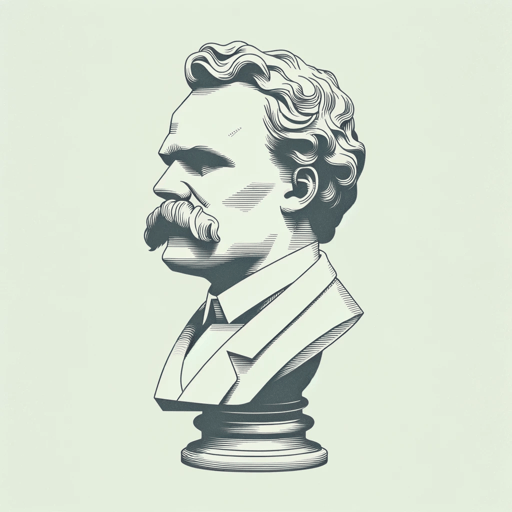35 pages • 1 hour read
Friedrich NietzscheBeyond Good And Evil
Nonfiction | Book | Adult | Published in 1886A modern alternative to SparkNotes and CliffsNotes, SuperSummary offers high-quality Study Guides with detailed chapter summaries and analysis of major themes, characters, and more.
Chapters 4-6Chapter Summaries & Analyses
Chapter 4 Summary: “Apophthegms and Interludes”
In peaceful times, those who are most prone to war will end up going to war with themselves; certain individuals can’t help but to be constantly at odds with something in the world.
When a common sympathy is felt for all in a forced manner in which all are to be treated precisely the same, it tends to destroy the more naturally felt bonds of charity for one’s neighbor, for whom one naturally feels more connected than a common stranger.
In discovering that another has fallen in love with one, says Nietzsche, this discovery should at once bring with it the feeling of revulsion for the simple fact that this person could only be deluded for falling in love in this manner.
Evil will likely rub off on those spending time in its presence. The more one looks into the darkness, the more the darkness is likely to seep into one’s consciousness and leave a lasting impression.
Current ideals and morality always tend to come and go in waves. The evils of one age always tend to be in direct proportion to the ideals and morals of the previous generation. Old ideals die hard, and the generation that is raised with a particular 







Related Titles
By Friedrich Nietzsche

On The Advantage And Disadvantage Of History For Life
Friedrich Nietzsche

On the Genealogy of Morals
Friedrich Nietzsche

The Antichrist
Friedrich Nietzsche, Transl. H.L. Mencken

The Birth of Tragedy
Friedrich Nietzsche

The Gay Science
Friedrich Nietzsche

The Will to Power
Friedrich Nietzsche, Ed. Walter Kaufmann, Transl. R.J. Hollingdale

Thus Spoke Zarathustra: A Book for All and None
Friedrich Nietzsche
